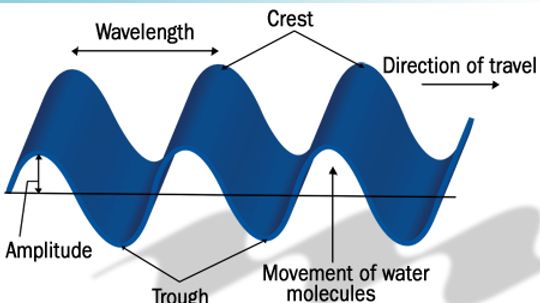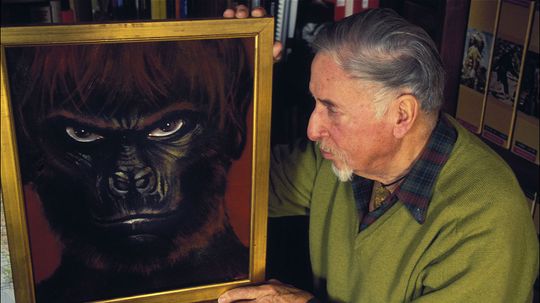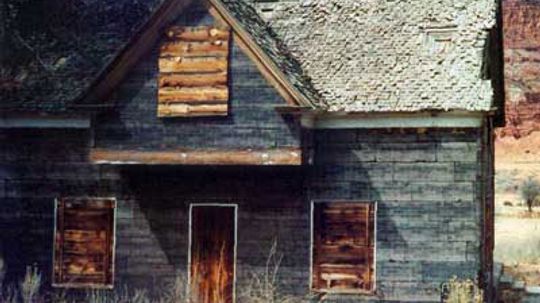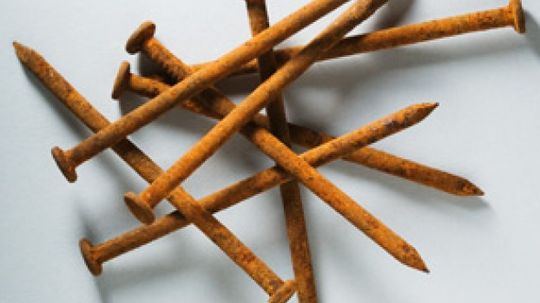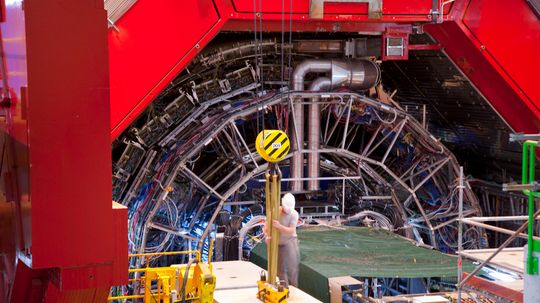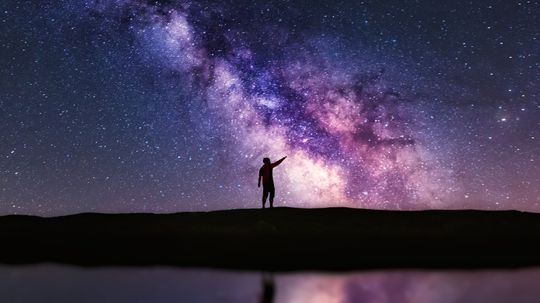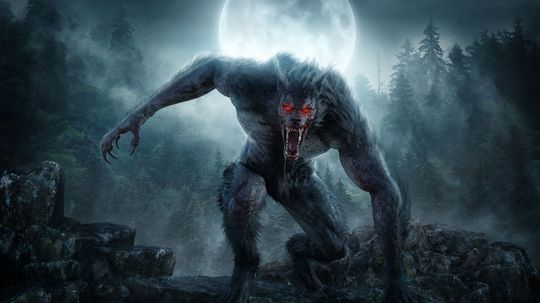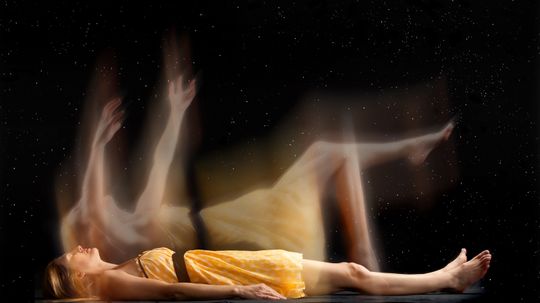Science Versus Myth
Are vampires real? What is an out-of-body experience? Are crop circles proof that aliens exist? HowStuffWorks explores what is real and what is urban legend with this collection of Science Versus Myth articles.

Top 10 Ghost Tours

Top 10 Hotels That Will Scare the Daylights Out of You

What's So Scary About The Winchester House Story?
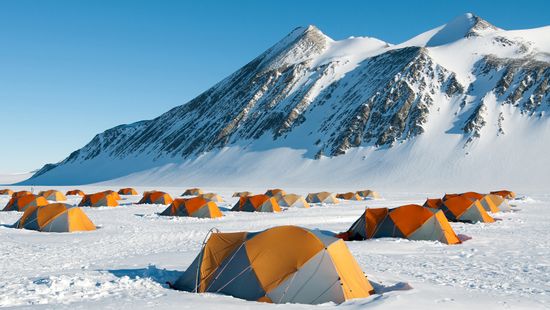
The Pyramid in Antarctica Isn't Actually a Pyramid

The Spiritual Awakening Signaled by the 757 Angel Number

8888 Angel Number Meaning: Prosperity, Abundance, and Spiritual Growth

Spirit Guides Bring Believers Comfort, Insight, and Aid

Psychic Powers: Fun to Consider, Even Without Scientific Support

How to Manifest Love: Merging Mind and Heart
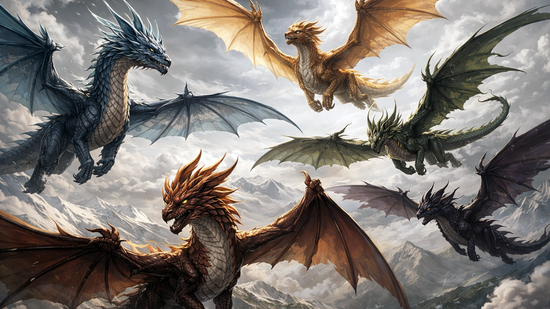
What Is a Group of Dragons Called? It's Almost Too Obvious

The Beast of Bray Road: Wisconsin's Claim to Cryptid Fame

Lougawou: A Haitian Vodou Werewolf

Do Marfa Lights Come From UFOs, Cars, the Military or Ghosts?

Solfeggio Frequencies: Healing Tones or Pseudoscience?

Is Sacred Geometry Related to Science or Is It Simply Beautiful?

What If Cows Didn't Exist?

What If Earth's Magnetic Field Flipped?

What If Humans Could Breathe Underwater?
Learn More / Page 15
If you were to fly west around the world, fast enough so that you crossed one time zone every hour, would you stand still in time?
At an intersection, you hear the pitch of the train's horn go up and then back down after the train has passed. Why?
You may have heard the tale of a person who throws a penny from the Empire State Building and kills a pedestrian below. Does this story have any truth to it?
Advertisement
Cryptozoology is the study of creatures that are rumored to exist. But for true believers, these "cryptids" are alive and well and lurking among us. Who are some of the most famous creatures people are looking for?
Near-death experiences (NDEs) are seemingly supernatural events that some people have when they're at the brink of death. Find out who typically has them and how people have tried to explain them.
When you're alone in a strange room at night, it's easy to believe that noises, shadows and chills are proof that spirits of the dead are there with you. Learn some possible explanations for the phenomena most often attributed to ghosts.
We'd by lying if we said that the sight of the Grim Reaper standing by our bedside, scythe in hand, wouldn't scare the daylights out of us. How did this well-known personification of death become so frightening?
Advertisement
You're talking with a group of people when, with no apparent warning, everyone stops talking. Is it just an awkward silence or a pregnant pause? Or is this silence something more?
When you're a kid, this frightening rumor burns through the playground like wildfire. After all, what could be worse than your own eyes exploding out of your head? But does it have any truth to it?
By Amy Hunter
Though they're indispensable to any construction project, nails have a nasty habit of getting hammered into thumbs and puncturing tires. Is a rusty nail even more dangerous?
Cult films like Phantasm haven't exactly made graveyards inviting places. But what do we fear? Is it the thought of all those decaying bodies and bones stirring under the soil?
By Robert Lamb
Advertisement
Real-life haunted houses make us hide under the covers and sleep with one eye open. Learn about the spooky history of these real-life haunted houses.
To understand the universe better, scientists from all over the world are going to harness the power of an enormous machine -- the Large Hadron Collider.
Decades before you ever heard of the Higgs, this multinational particle physics lab was smashing its way to answers about how the universe worked. Pop inside CERN just as half of the world's particle physicists do every year.
According to most pet psychics, you communicate with your pets telepathically all the time, without even knowing it. Learn about the controversies associated with animal communication.
Advertisement
There's actually an equation to figure it out!
A helium balloon rises because the helium is lighter than air. So how would a balloon -- made from a very sturdy but very lightweight material -- that had been removed of all air respond?
February is an unusual month, especially when it comes to leap years. In this article, you can read about why we use leap years and how the year 2000 was a leap year and 1900 was not.
By Sascha Bos
Special relativity deals in phenomena that don't agree with our historical or commonsense views of how the universe works. In fact, many of the theory's assertions almost appear ludicrous.
By John Zavisa
Advertisement
Remember that traffic accident you avoided the other day? In another universe, you died. Or at least you did according to the Many-Worlds theory.
By Josh Clark
Can you watch your body after you die? Near-death out-of-body experiences have left researchers wondering if life after death exists. How do scientists explain it?
By Josh Clark
Werewolves got their start long before Hollywood ever sank its teeth into the hairy legend. Learn about the folklore and cinematic history at HowStuffWorks.
Out-of-body experiences (OBEs) are most often associated with sick or injured people, but scientists recently produced these experiences in healthy people. Learn how virtual reality can scramble your point of view.
Advertisement
According to recent studies, it appears gingers need extra anesthesia to put them under during surgery. The same gene that gives redheads their hair color is apparently responsible for the way the body handles pain.
By Josh Clark
To some people, a crystal skull is simply a crystal in the shape of a human skull. But to those who believe in the supernatural, it can represent doom or hope.

